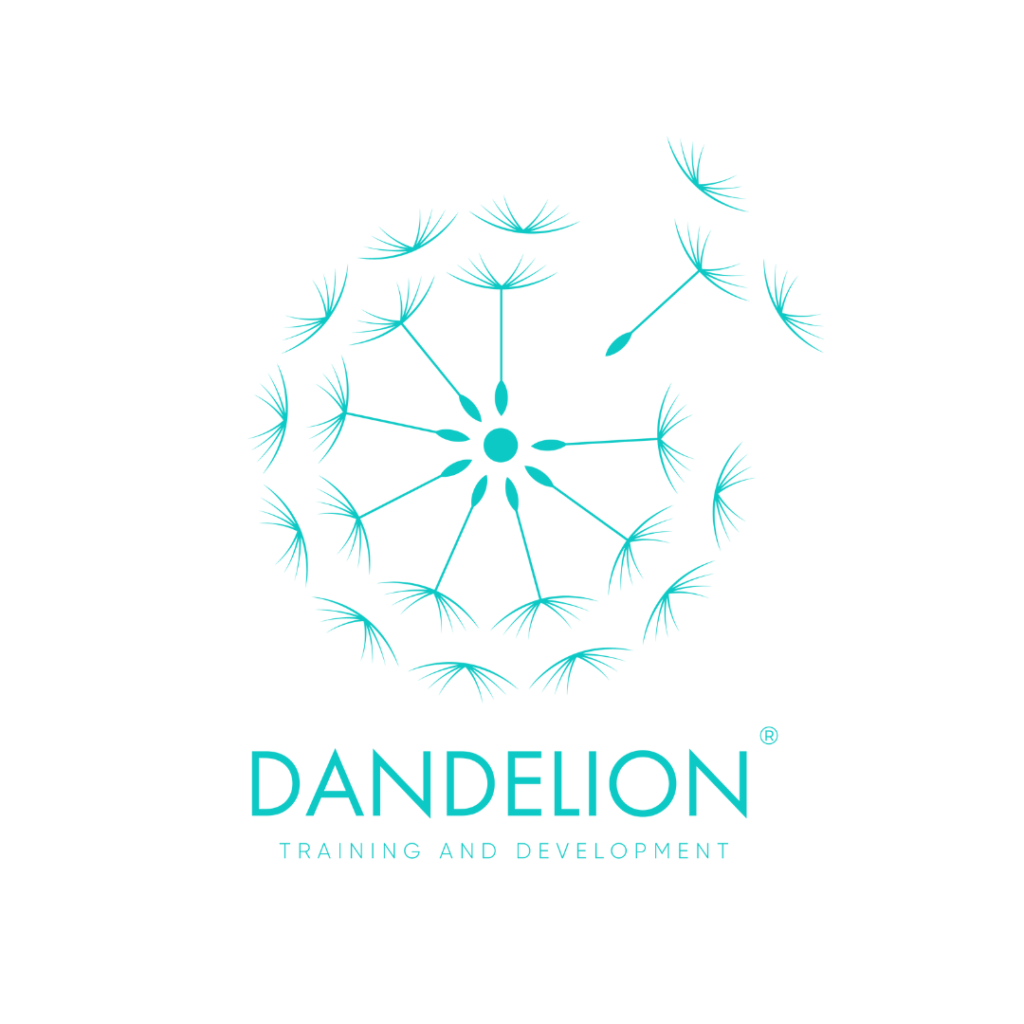What we focus on – grows.
A challenge that we can all experience, is where we place our attention.
As the saying goes, ‘what we focus on, grows’.
Perhaps, if you close your eyes, you can take yourself back and think of a time when life felt ‘great’. Think now, what were you thinking about at this time? What did you talk about? How did you spend your time? Who were you spending time with? What actions were you taking?
Now, contrast this with a time when everything felt ‘awful’. Think again, what were you thinking about at this time? What did you talk about? How did you spend your time? Who were you spending time with? What actions were you taking?
What do you notice?
Our brains are like super computers. However, we are in control of them. Our thoughts become our feelings, which become our behaviours, which become the stories that we tell ourselves. When we control the ship and consider how we navigate it, we can take control of many of our experiences. However, when we let go of the controls, we can find that things become challenging.
Think of a child with anxiety. We can often find that we spend a lot of time asking ‘are you feeling anxious’ whereby their brain scans their body looking for anxiety, finds it and then ‘alert – I am anxious’. We may find ourselves sitting on their bed at night, talking about their worries, before they attempt to fall asleep with a conscious awareness of their fears and find themselves struggling to sleep. We can google everything we can about anxiety. Read blogs and articles about anxiety. listen to podcasts and share stories with others comparing our anxiety. We can avoid activities or ask ‘will you be too anxious to do that?’. Before we know it their anxiety is their identity. ‘I am anxious’ rather than ‘I have symptoms of anxiety’.
Consider the child who is introverted. ‘They are shy’ we tell people when they meet them. ‘They won’t do the school play, they are too shy’ we report to school. In front of others ‘they are so shy’. The brain learns a pattern, I am shy, I cannot do these things. My identity becomes ‘I am shy’ rather than ‘it takes me a moment to warm up’.
Our thoughts are steering wheels in our mind. Choosing them carefully is important. The questions you ask will encourage your body and brain to follow suit. Negative questions activate your sympathetic nervous system (fight-flight-freeze-fawn) whilst positive or inquisitive questions do not. If we want to feel better, we need to talk to ourselves with more optimism.
Our labels affect our thinking
If our thoughts – become our feelings – become our behaviours – become our story (identity) then it can be surprising that we do not spend more time considering the way that we think about ourselves and our thoughts.
The environment that we place ourselves in is a huge contributor to the quality of our thoughts and therefore our feelings.
By no means will I ever condone the ‘pull your pants up’ mentality. It is important that we have safe spaces to explore, and learn about our feelings. However, it is also incredibly important that we think about the balance of:
- Where do I focus? – on the great things and opportunities or the worries?
- What am I writing? – on social media, my diary, text messages? Am I focussed on my gratitudes and positives or retelling myself the stories of my limitations
- What am I talking about? – my opportunities, dreams, solving problems and the world. Or the issues, challenges and problems?
- What is in my environment? – What am I watching, reading, listening to? What is my bedroom like is it tidy and clear or cluttered and suffocating?
- Who am I spending time with? – People who encourage you to challenge yourself and give you praise and support, or those who keep you in a space of being held back, who may criticise or limit you?
- How do I spend my time? – Am I channeling my energy into hobbies, interests, learning new skills (and growing new pathways in my brain) or reading and googling my problems and exposing myself to more worries?
- What questions do you ask yourself? – Consider the difference of ‘how good do I feel today?’ versus ‘how anxious do I feel today?’ our questions steer our minds, and our brain will go looking for what you ask it to look for.
Taking some time to work with a coach to explore those aspects of your world, and think about the contributors to your well-being are a pivotal part of all of us feeling more focused and optimistic.
Want to learn more?
Are you looking for a deeper understanding of child mental health? Our Level 4 Child and Adolescent Mental Health Coaching Diploma takes you into an in depth dive of child mental health and how you can support. You can join our Level 4 training (here).
© Dandelion Training and Development – All Rights Reserved
Further help

For more articles about mental health visit – ARTICLES
To learn more about child and adolescent mental health visit – COURSES
For resources to support child and adolescent mental health visit –RESOURCES
